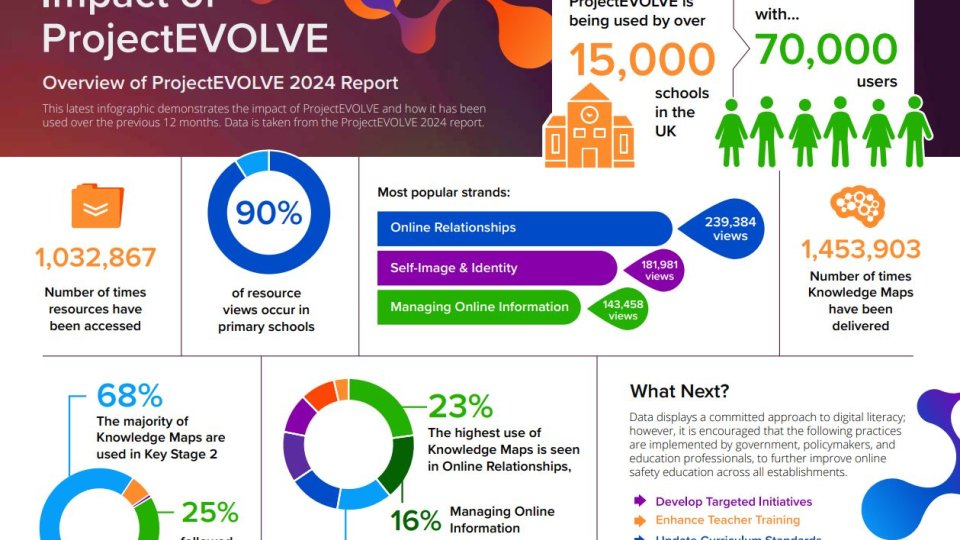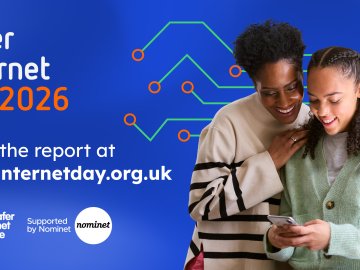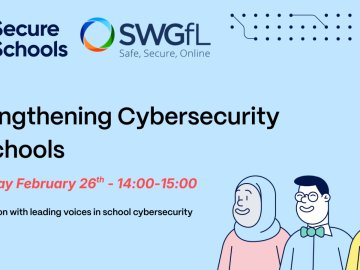The ProjectEVOLVE 2024 report is an annual research review conducted by Professor Andy Phippen that allows unique insights into online safety and digital competency education in the UK.
This year’s results have highlighted both successes and challenges for schools in what is a complex and rapidly changing landscape.
What is ProjectEVOLVE?
ProjectEVOLVE is an innovative tool designed to enhance digital literacy education by providing educators with comprehensive resources and materials. The Knowledge Map mechanism within the toolkit allows a unique insight into young people’s digital competency across 3.7 million separate assessments. The tool is widely accessible, making it a valuable asset for educators nationwide.
ProjectEVOLVE is used by over 75,000 educators and 15,500 schools. The overall feedback from educators has been overwhelmingly positive, emphasizing the tool’s effectiveness in improving students’ digital competency and its ease of use in the classroom setting. This feedback is crucial for ongoing improvements, ensuring the tool continues to meet the evolving needs of educators and students alike.
What the Latest ProjectEVOLVE Data Tells Us
Primary Focus with Secondary School Gaps
The report highlights most teachings with ProjectEvolve happens in primary schools, with by far the biggest proportion being in Key Stage 2. There is a significant tail off around aspect use in secondary schools.
Whilst one can understand the priorities and pressures on the secondary curriculum, along with subject specific focus, many of the areas identified in “Education for a Connected World” for Key Stages 3 to 5 are critical to shaping attitudes to technology as students approach either the workplace or FE/HE.
Themes around Privacy, Security, Reputation and Managing Online Information help shape behaviour and build empowerment in the use of technology, so critical in underpinning learning in a way that benefits the learner and increases their life chances.
The report recognises that the ProjectEVOLVE data does not mean that digital competencies are not taught within secondary education; other schemes and programmes may be used instead. However, the broad indication is that online safety education tails off after KS2.
The horizontal progression we have built into ProjectEVOLVE switches focus at KS3 from self and immediate peers to broader societal implications of technology use; how it affects groups to which a person belongs; cultural, ethical and legislative implications.
Inconsistent Growth in Knowledge
An effective curriculum establishes fundamental concepts at an early age and then matures, building on and reinforcing prior knowledge on the journey. Used consistently and aligned with other appropriate curriculum areas (PHSE, SRE, Literacy, Humanities) it encourages a whole school culture where this important component of modern literacy can happen.
“Education for a Connected World” is not a curriculum and neither is ProjectEVOLVE. It supports the range of curricula currently in place that vary nationally, from devolved governments; across MATs and even individual schools.
Whilst we have confidence that resources like ProjectEVOLVE can do this, we would still highlight the need for a comprehensive curriculum that ensures consistent growth in digital literacy knowledge from primary through secondary education.
This is no longer a role for the Computing curriculum alone. It’s informing and shaping the knowledge, skills, behaviours and attitudes of learners to empower them to take advantage of the complex online ecosystems they are expected to navigate.
Need for Technical Knowledge, Particularly Privacy and Security
Given government focus on building a more secure national infrastructure in the light of current geopolitical instability, cybersecurity has come to the fore as a key area on which education should focus, not only in schools but societally. Whilst technical infrastructure can do much, its efficacy is underpinned by those using it. Developing safer behaviours and building cyber resilience needs to be taught.
The report identifies that the weakest aspects centre generally on more complex topics and there are there are notable areas where students' knowledge is weaker, particularly in Privacy and Security.
Teacher Confidence and the Importance of Meeting Need
The report highlights that educators cover mainly topics that they themselves feel confident in and not necessarily understanding the needs of the students in front of them.
Whilst the Knowledge Map mechanism included in ProjectEVOLVE is a way of identifying need and then prioritising resources to meet that need, many educators will cherry-pick from lesson resources based on their own confidence and the age of their students.
This could be further exemplified by the fact that the aspect that is delivered far more than any other is the legacy 'stranger danger' message. Whilst this has been a key component of online safety education for two decades and still has legitimacy, it doesn’t reflect the lived experience of the issues most children face; lower level but more cumulative risks that can be equally as harmful if allowed to run their course.
The breadth of resource in ProjectEVOLVE we hope would encourage schools to adopt a more progressive approach to digital literacy, moving beyond outdated messages to address current and emerging online safety issues.
What next?
We would encourage government and peers to form the foundation of a national campaign to improve online safety education, ensuring that students are better prepared to navigate the digital world safely and responsibly.
- Develop Targeted Initiatives: Focus on creating specific programs that address gaps in secondary education and technical competencies.
- Enhance Teacher Training: Provide ongoing professional development to equip teachers with the skills needed to confidently deliver comprehensive digital literacy education.
- Update Curriculum Standards: Work with educational policymakers to ensure that digital literacy is a core component of the national curriculum across all key stages.
- Foster Collaborative Learning: Encourage schools to share successful strategies and resources, fostering a collaborative approach to online safety education.






